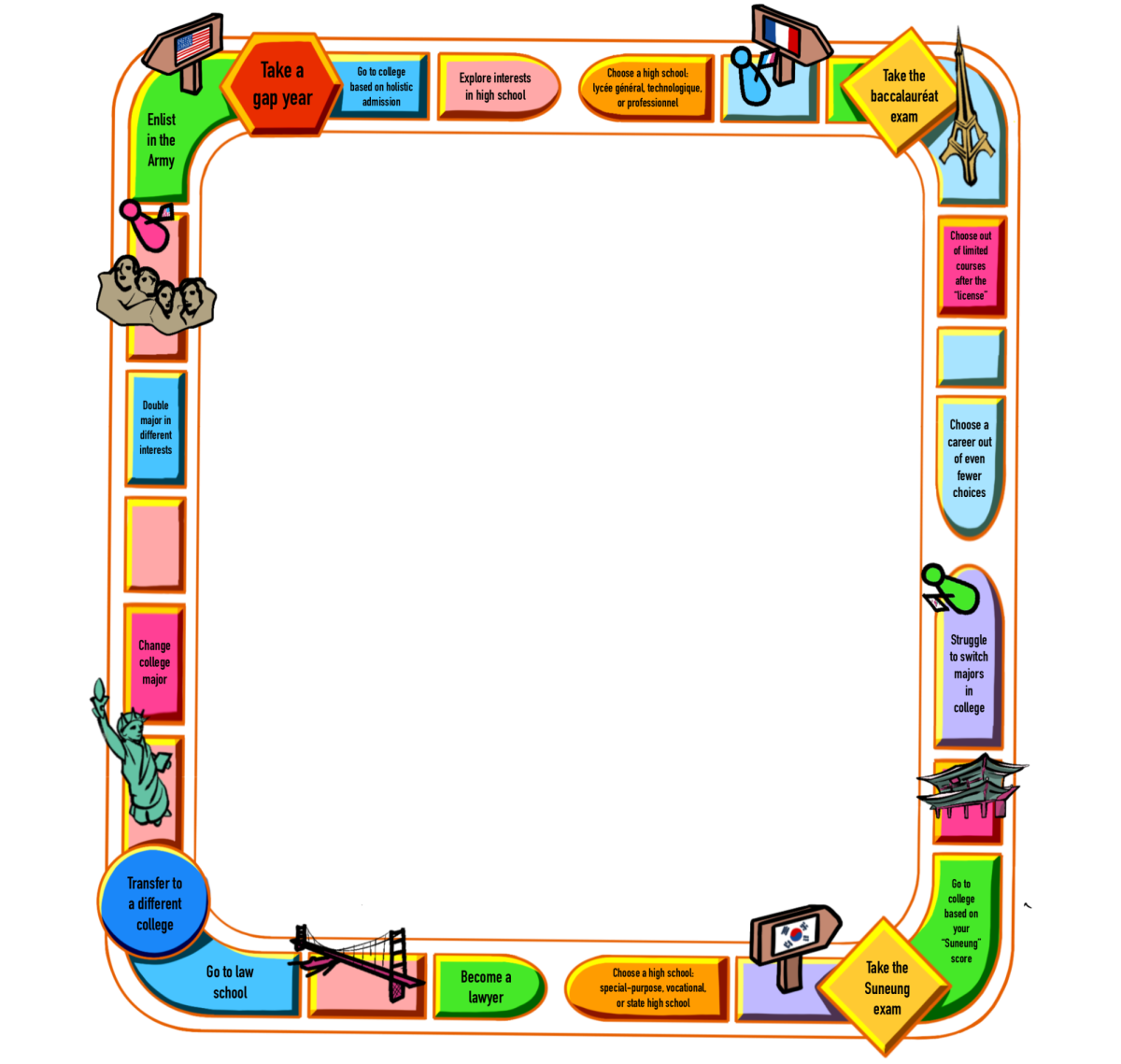Written by: Katherine Zu
On Oct. 6, approximately 50,000 students across the country sat down with their sharpened number two pencils and took the SAT, bubbled answers and tried to remember the definitions of four syllable words. However, out of the test-takers, there were bound to be some who took a peek at their neighbor’s answers or flipped back to previous sections during the time allotted for another. Because of the importance of SAT scores in college admissions, there should be new or more comprehensive security measures for the test.
Although new security guidelines were implemented this month, the guidelines are designed to effectively tackle cheating that occurs through impersonation, which is far less common than cheating through collaboration. According to CNN, undetected impersonation accounts for only 0.1 percent of SAT tests taken and roughly 6 percent of the scores canceled due to cheating. Cheating via collaboration includes discussing answers or exchanging information about the test, whereas cheating via impersonation is when someone takes the test while posing as another person.
 Cheating is unfair as it puts those who do not cheat at a disadvantage in college admissions. Someone who cheats and gets a better score will have a higher chance of getting into a better college, and those colleges generally have more resources and opportunities available for students. Considering two applicants with different SAT scores, with all other aspects being equal, a college will most likely admit the one with the higher score both because it suggests the applicant to be more capable and boosts the statistics of the college.
Cheating is unfair as it puts those who do not cheat at a disadvantage in college admissions. Someone who cheats and gets a better score will have a higher chance of getting into a better college, and those colleges generally have more resources and opportunities available for students. Considering two applicants with different SAT scores, with all other aspects being equal, a college will most likely admit the one with the higher score both because it suggests the applicant to be more capable and boosts the statistics of the college.
Cheating to get into a better college is also meaningless for the cheater, although it may seem beneficial in the short run. Getting into a college which exceeds a cheater’s academic capabilities will only be detrimental over time. A cheater will either have to resort to cheating again, or put in more effort to keep up or settle for lower grades and less satisfactory results.
To address this issue, the Educational Testing Service (ETS), which administers the SAT, should consider making more versions of each test. Currently, there are only two versions of the test, making collaboration extremely accessible. Each version has a different essay, but the same questions in a different order. Having more versions would tackle the problem of test takers looking at their neighbor’s answer sheet or receiving answers from someone in a different time zone.
Ultimately, cheating on the SAT should be noted on transcripts and reported to colleges. Unlike when a student cheats on a school assignment, cheating on the SAT results in just having the score withdrawn. With the current repercussions for cheating, the benefits far outweigh the nearly non-existent costs.
Finally, breaks should be confined to the classroom to prevent students from discussing answers during the break. When students discuss answers outside the classroom, discovering an incorrect answer creates a stronger tendency to go back and correct it.
The new security measures that were implemented this October are a reaction to the high-profile SAT impersonation cheating scandal that occurred in New York this spring. Instead of putting in additional security measures after a scandal, the ETS should take a preemptive approach to cheating that occurs on the SAT.











